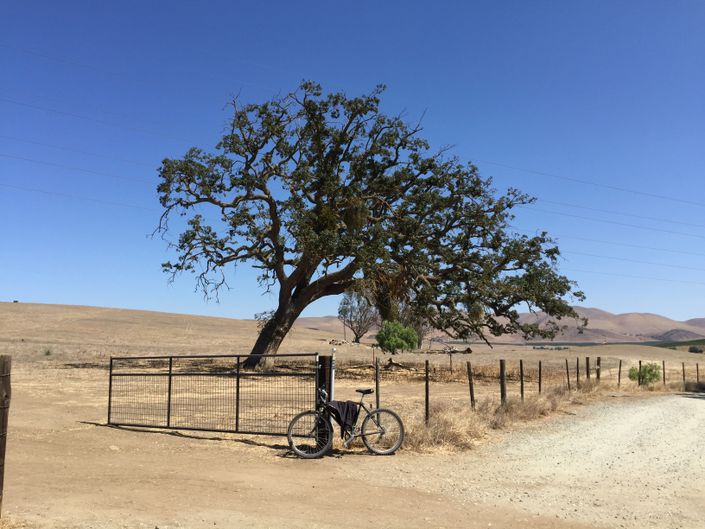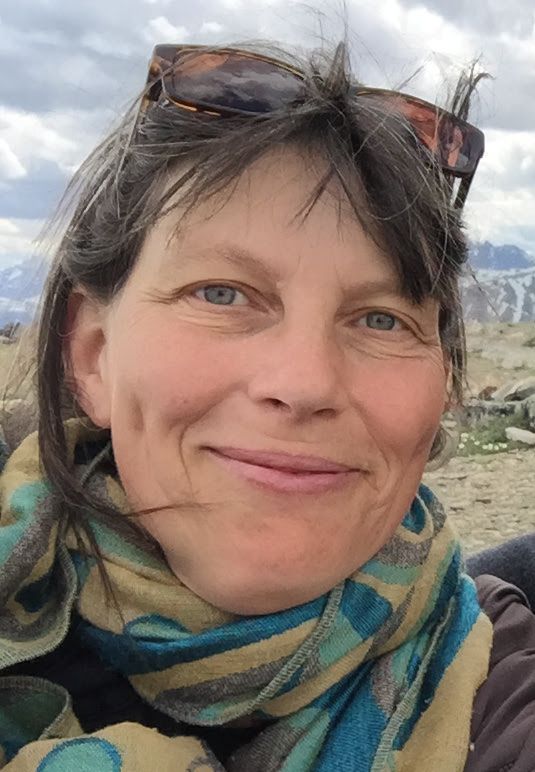
Can We Rehydrate California? Strategy and Action for Fire, Drought, and Flood Resilience
A recording of our Workshop and Discussion, Sunday, February 9th, 10:30 AM to 1PM PST: Pacific US time zone If you register you will get access to the recording, transcript and chat files
Enroll in Course
This workshop already happened but you can still watch the recording! Sign up for free below!
If you register you will get access to the recording, transcript and chat files
Check here for upcoming workshops
Sunday, February 9th, 10:30 AM to 1PM PST (1:30 to 4 PM EST)
For the past few weeks, I've been returning to the questions that Walter Jehne and I tackled in 2018 on our "Can We Rehydrate California?" speaking and listening tour. (Here is a video from our 2018 gathering at Paicines Ranch.) We explained back then, that the fires, droughts and floods that California experiences are related to degradation of the natural systems that cycle water, and the soil sponge that holds water. Our ReydrateCalifornia.org website has been patiently holding space for seven years.
Now people are ready to talk and listen about a more systemic understanding of how life's processes influence fire, flooding, and drought, and so are we. This workshop (our third in this series--but you can jump in anytime) will pick up on those ideas and more, We will use living systems frameworks to help us think strategically and come up with effective actions for people living throughout California and beyond.
Join us this Sunday, February 9th, 10:30 AM to 1PM PST (1:30 to 4 PM EST).
PLEASE SHARE with people who you think will add perspective to the conversation, and who will benefit from learning more. If you can pay it forward, donations will help to make this and future workshops possible at reduced rate or for free.
The conversations in our first and second workshops were really inspiring. (I'll put the recordings in the curriculum section here.)
- On January 25th we focused on framing better questions about fire, and also looked at the elements that create fire risks, and how land management can influence fire resilience.
- On February 2nd we reflected on our our own personal history with fire and how our understandings have evolved over time, and how human beliefs influence ecosystems, industry "best practices," human relationships, and policy.
- On February 9th we will pick up on that conversation and work towards a strategic plan with specific action steps that can shift all of the above.
Even though restoring water cycles as a topic is going viral, there is still a lot missing in terms of a holistic understanding. For example, many folks see the need to restore water cycles, but they see the necessary action as primarily about digging ponds (which--don't get me wrong--are great, especially when created by beavers), without also seeing the enormous landscape scale potential of growing a deep soil sponge reservoir and complex vegetation that can stay green and juicy year round, to capture water everywhere, and hold it at depth protected from evaporation.
By capturing water across the landscape, we can reduce flooding and drought, but also, and importantly for fire:
- reduce the fire season by extending the length of green growth in places with seasonal rainfall,
- create healthier forests
- prime the daily rain cycle through transpiration
- cool the air and land surface
- and reduce fuel loads by creating moist surface conditions for fungi to easily decompose dry plants and wood so they are less flammable.
Here's what Walter Jehne and I talked about on my podcast recently.
Alpha Lo and I also had a phenomenal conversation in which we unpacked a whole bunch of ideas of what can be done going forward--based on a more holistic view of fire, water, air/wind, temperature, vegetation, and soil structure, as they are managed by life and living systems (including but not limited to humans).
Get started now!
Your Instructor

Didi Pershouse is well known as an innovative international educator both in-person and online. She is the founder of the Land and Leadership Initiative. Her facilitator's guide Understanding Soil Health and Watershed Function is used in over 90 countries.
She became deeply involved in the intersection of food systems and health systems while providing rural health care for two decades at The Center for Sustainable Medicine, and wrote The Ecology of Care: Medicine, Agriculture, Money, and the Quiet Power of Human and Microbial Communities.
She has written a field training manual for the UN-FAO Farmer Field School Program and the Andhra Pradesh Community Managed Natural Farming Initiative in India, involving over 1,000,000 smallholder farmers. She was a contributing author to The Climate Emergency: How Africa Can Survive and Thrive; Climate Change and Creation Care; and Health in the Anthropocene. She was one of five speakers at the United Nations-FAO World Soil Day in 2017.
She serves on the Planning Commission for her town, is a board supervisor for the White River Natural Resources Conservation District, and is on the board of directors of Regenerate Earth, Soil Carbon Coalition and the Vermont Healthy Soils Coalition. While serving on the state appointed Payment for Ecosystem Services and Soil Health Working Group, she helped to reorient the program back to its public roots. She led a successful effort to conserve the Zebedee Headwaters Wetland while serving as a Vermont Conservation Commissioner.
She is on the Vision Council of the Global Earth Repair Convergence, and a member of the Ecosystem Restoration Alliance. She is a lineage member of the Change Agent Development Community (stewarded by Carol Sanford), and is seeding new communities of practice in a Wisdom tradition that uses living systems thinking.
